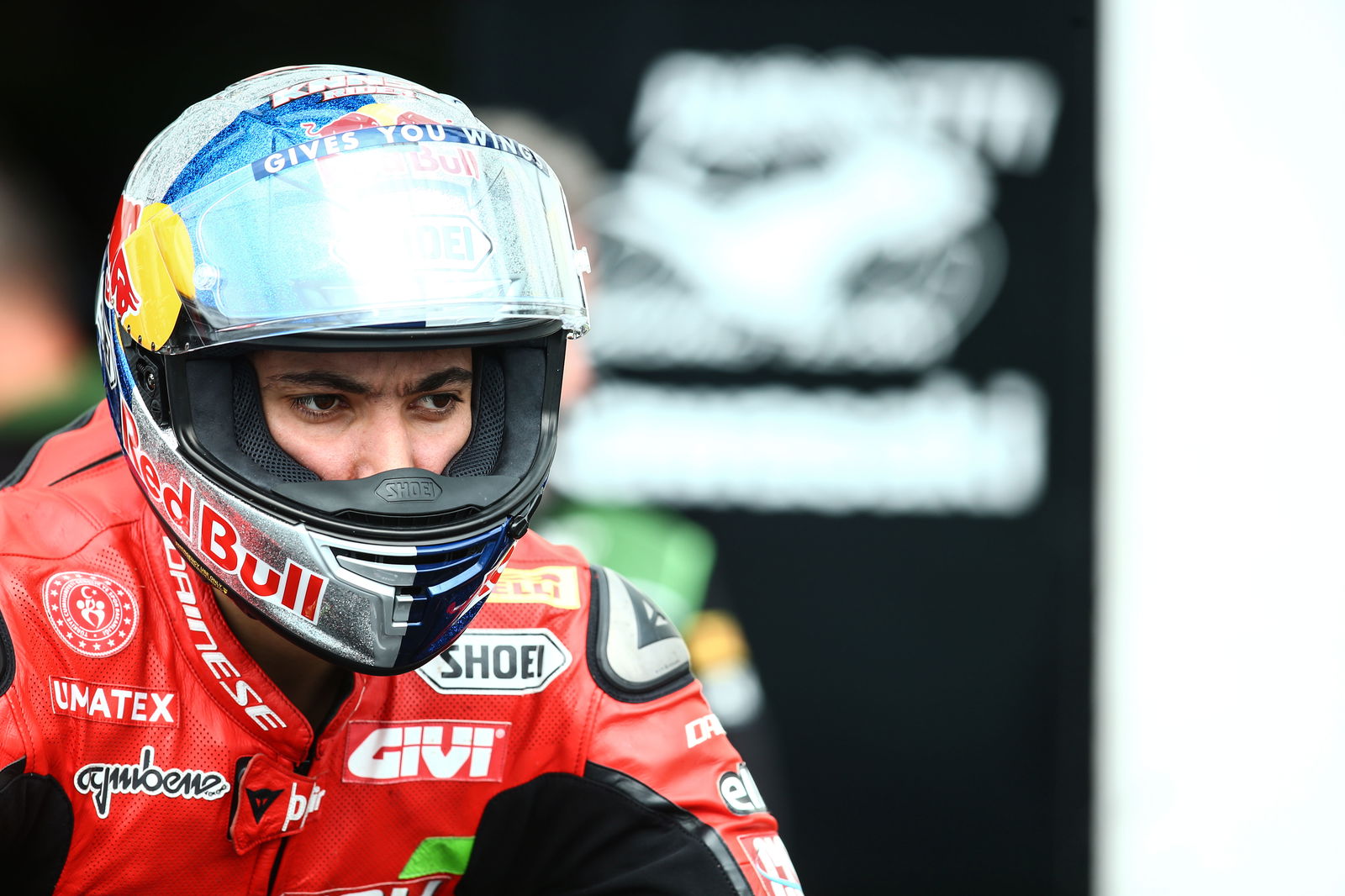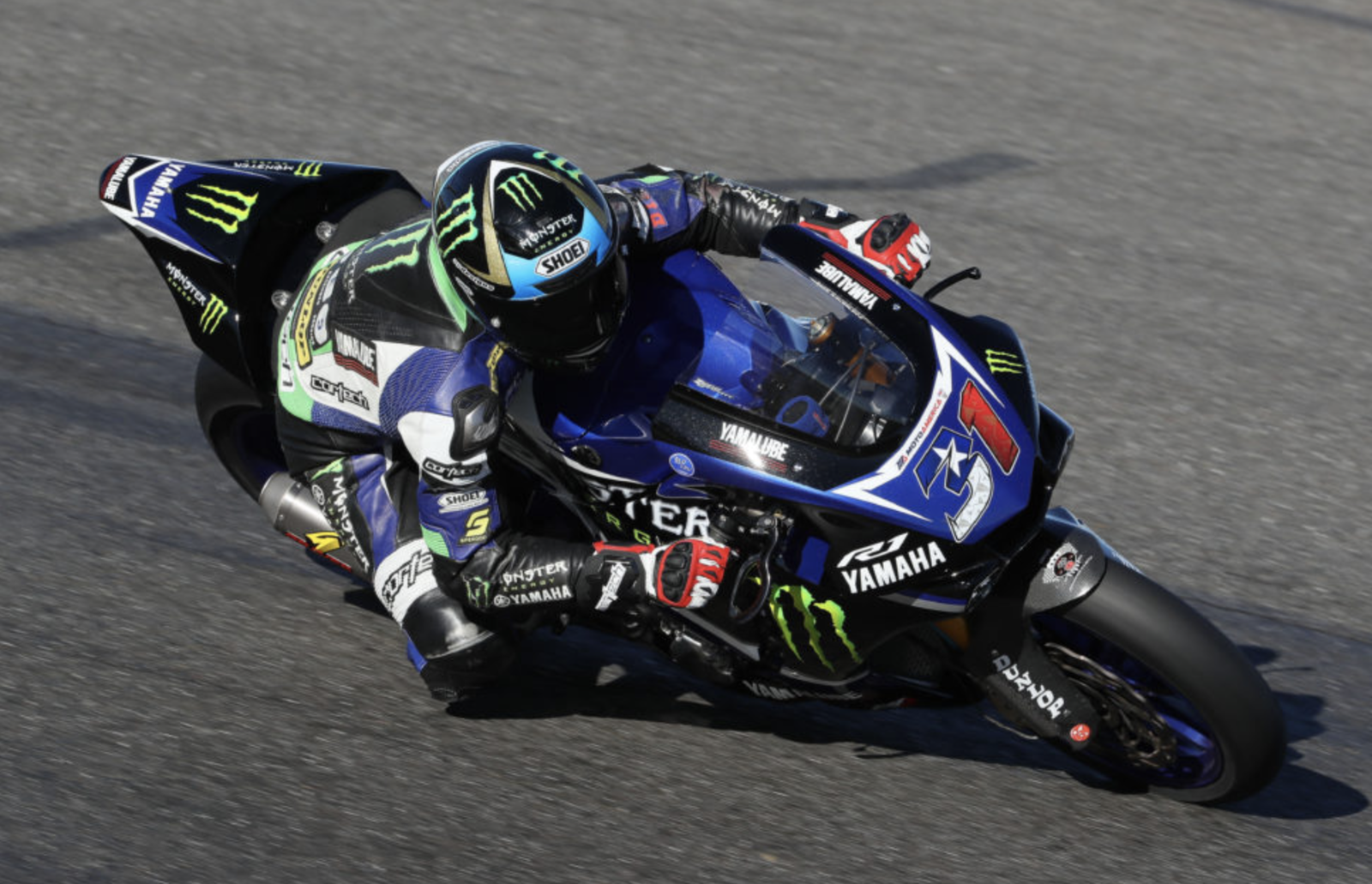5 Reasons why Alvaro Bautista lost his grip on the 2019 WorldSBK title
Alvaro Bautista led the 2019 World Superbike Championship by 61-points... five rounds later and he is 129 points adrift and title is officially out of reach
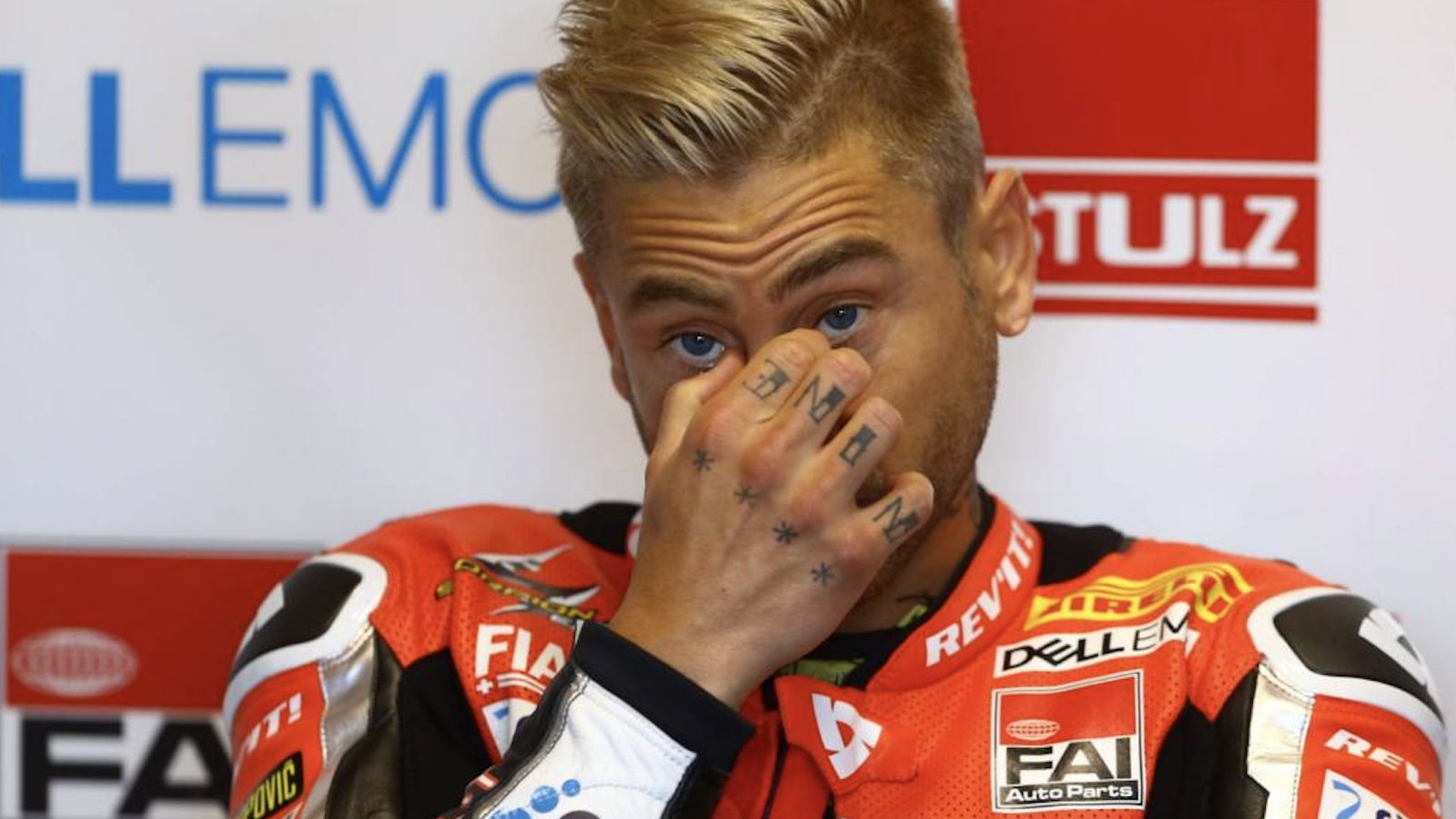
Much ink has been spilled – or rather, many keys have been tapped – over Alvaro Bautista’s dramatic slump from a record-breaking during the 2019 World Superbike Championship, but just how did he let a 61-point lead slip into a three-figure deficit in just five rounds?
A swing of 190 points in total, ahead of this weekend’s Argentina WorldSBK round, we consider where it all went wrong for the Spaniard.
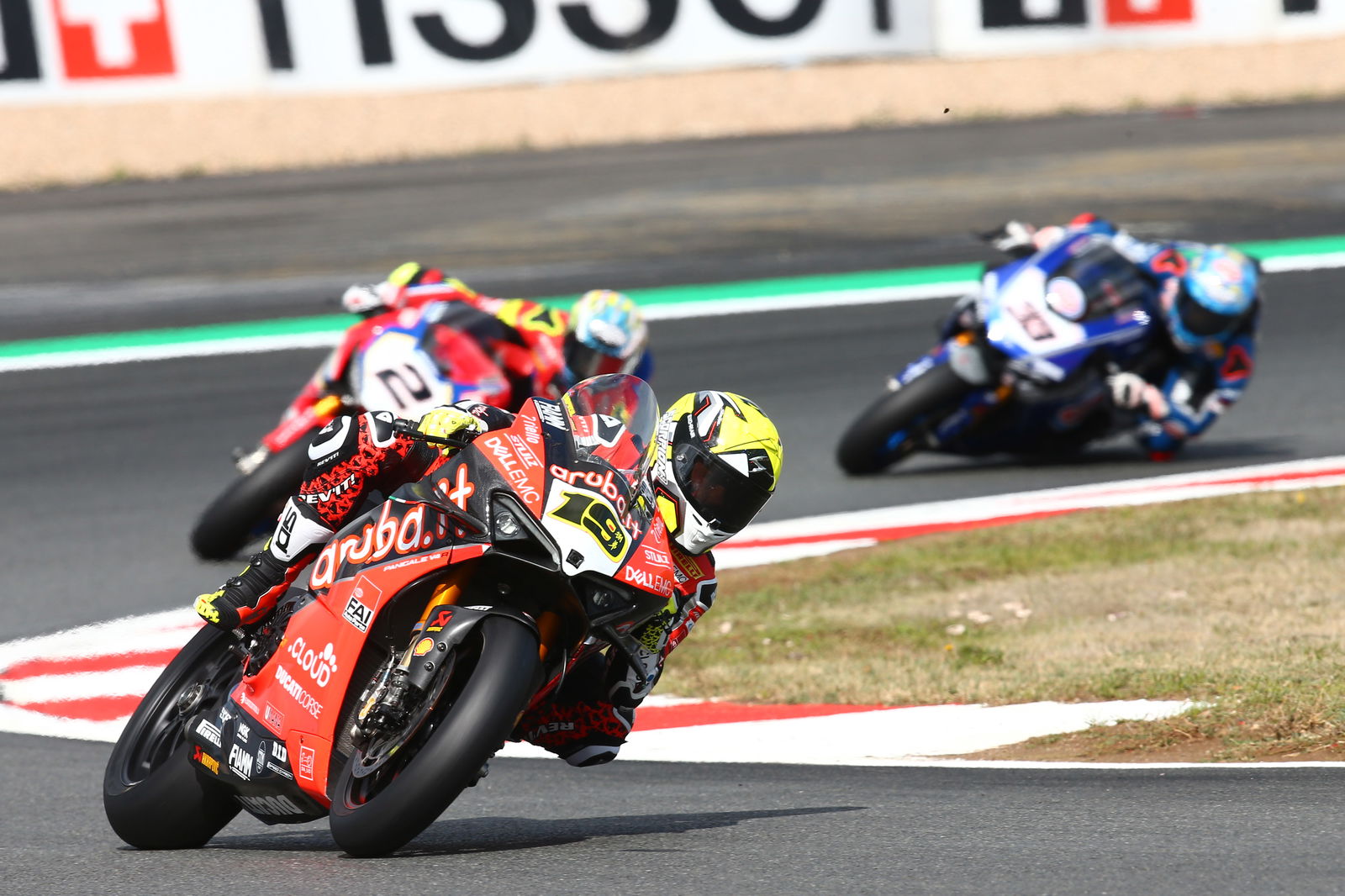
Rev limit change?
Judging by the comments from you under other articles we have posted about Bautista, many point at the decision by the FIM to adjust the rev limits for the Ducati Panigale V4R - lowering it by 250rpm from round four at Assen – as the reason for his drop-off.
By this stage Bautista had already achieved nine victories at Phillip Island, the Chang International Circuit and Motorland Aragon, where his Ducati’s sheer top speed prowess is best unleashed, so many felt the rev limit change ultimately came too late for where its effect would be more significantly felt.
Interestingly though, Bautista’s practice session top speeds during those events wasn’t always significantly more than Rea’s on the Kawasaki. Chaz Davies on the other hand, was often a long way up on everyone wherever he went, the Welshman seemingly erring more towards grunt in his set-up.
However, it’s worth pointing out that the rev limit change didn’t exactly prompt an immediate change in results. Bautista won both races started at Assen, two at Jerez and one at Misano in three of the following four rounds (five wins in ensuing nine races).
Moreover, the top speed advantage would always be less pronounced at tracks as Misano, Donington Park, Laguna Seca and Magny-Cours – even before you factor in wet conditions at a handful of those events – while the Ducati looked immensely quick in a straight line still at Portimao.
Indeed, it probably still starts the next two rounds in Argentina and Qatar as the favourite.
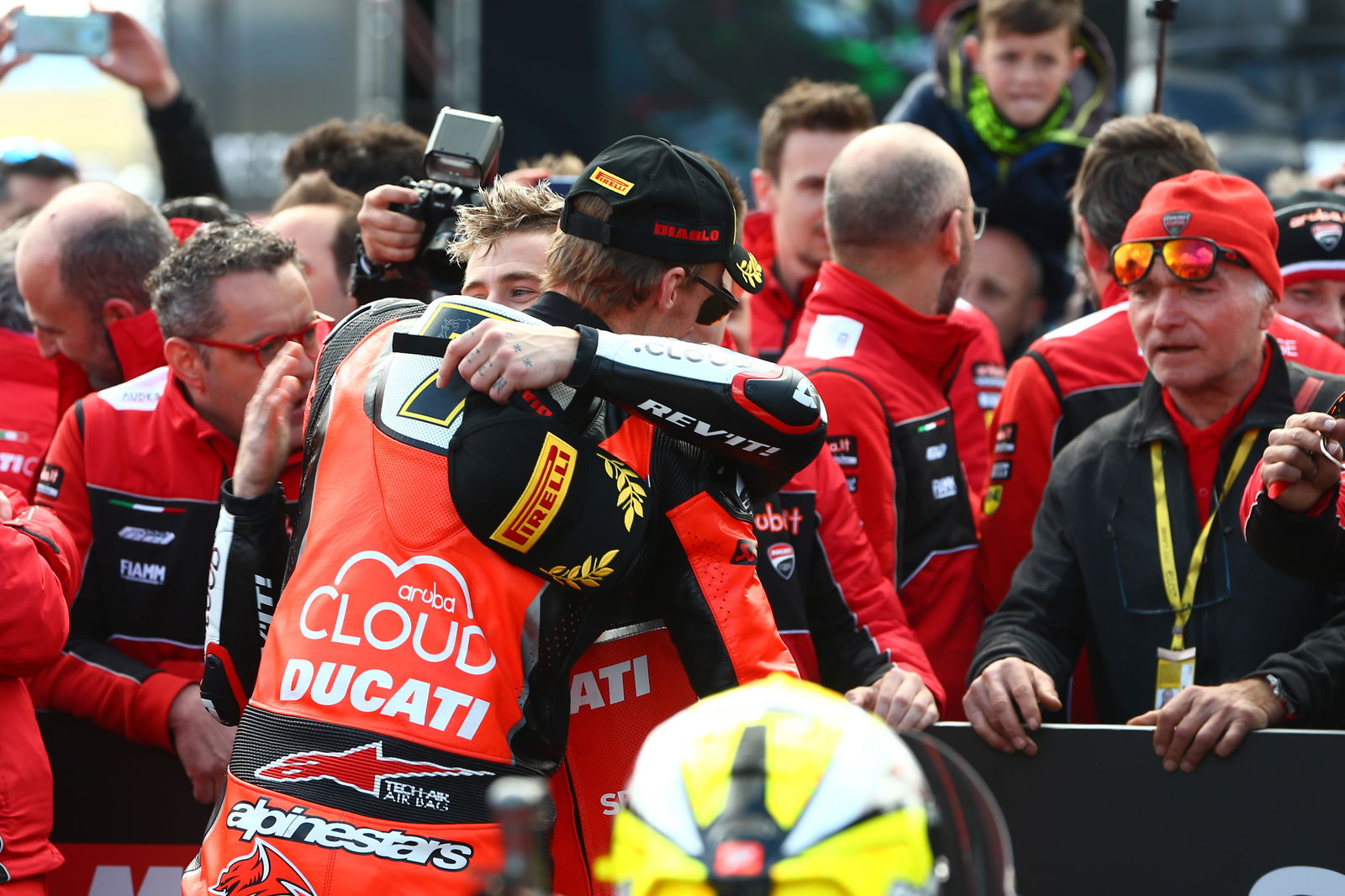
Souring Ducati relations?
While we could have assumed Ducati aren’t best pleased to see a rider it took under its wing in WorldSBK jump ship at the first opportunity, we got a very interesting glimpse at how bad things have become behind the scenes last month when Ducati’s own CEO took to Twitter to call out Bautista on his decision to turn down a big money deal because he wanted more.
Interestingly, Domenicali went to the trouble of pointing out it had offered a seven-figure sum for Bautista’s services, which puts into context exactly how much Honda wants the Spaniard for WorldSBK 2020.
Read between the lines and the way Ducati said it had begun talks with Scott Redding during the summer because Bautista wasn’t returning its calls suggests there wasn’t much harmony within the fold either.
Whether Bautista’s sharp dip in form altered the terms of his agreement only they will know, but if Domenicali is correct with the aforementioned terms then it was willing to overlook the fact it wouldn’t (probably) win the 2019 WorldSBK in its financial terms.
Either way, there is a reason why MotoGP conducts contract negotiations earlier in the year so as not to create distractions off the track and potential friction with the team around you…
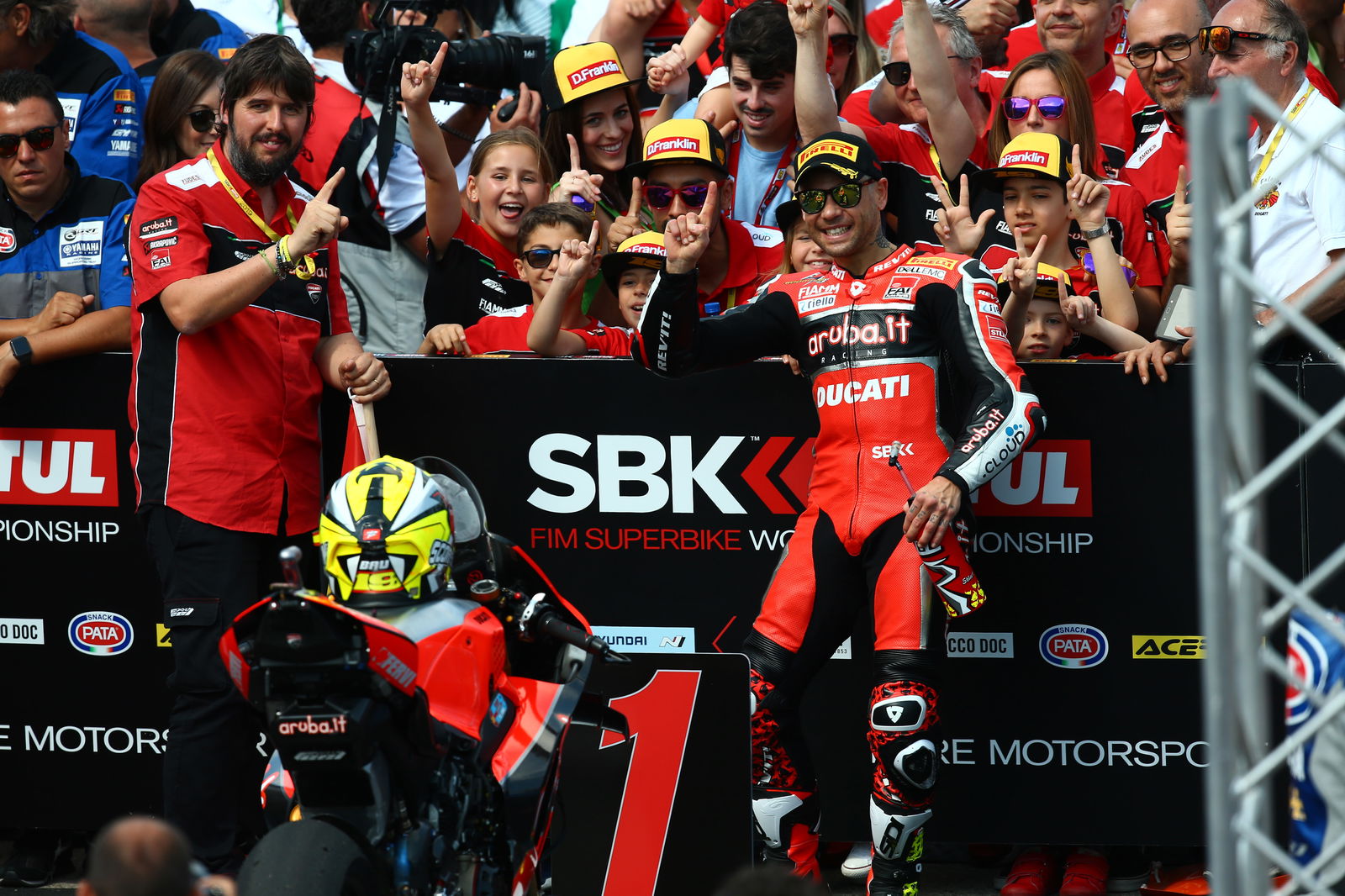
Complacency?
With 11 wins out of the box, Bautista can be forgiven for thinking he was unstoppable on the Ducati Panigale V4R. While the man himself is unlikely to say he necessarily believed his own hype before the job was done, you can point to demoralising crashes from the lead at Jerez and Misano as probably having a profound effect on that ultra-high confidence.
Since then Bautista hasn’t been able to demonstrate the same level of attack, the startling turn of pace that took him to several victories with several seconds in hand.
As we’ve seen, if the confidence was indeed damaged, it doesn’t look like he’s quite got it back as yet.
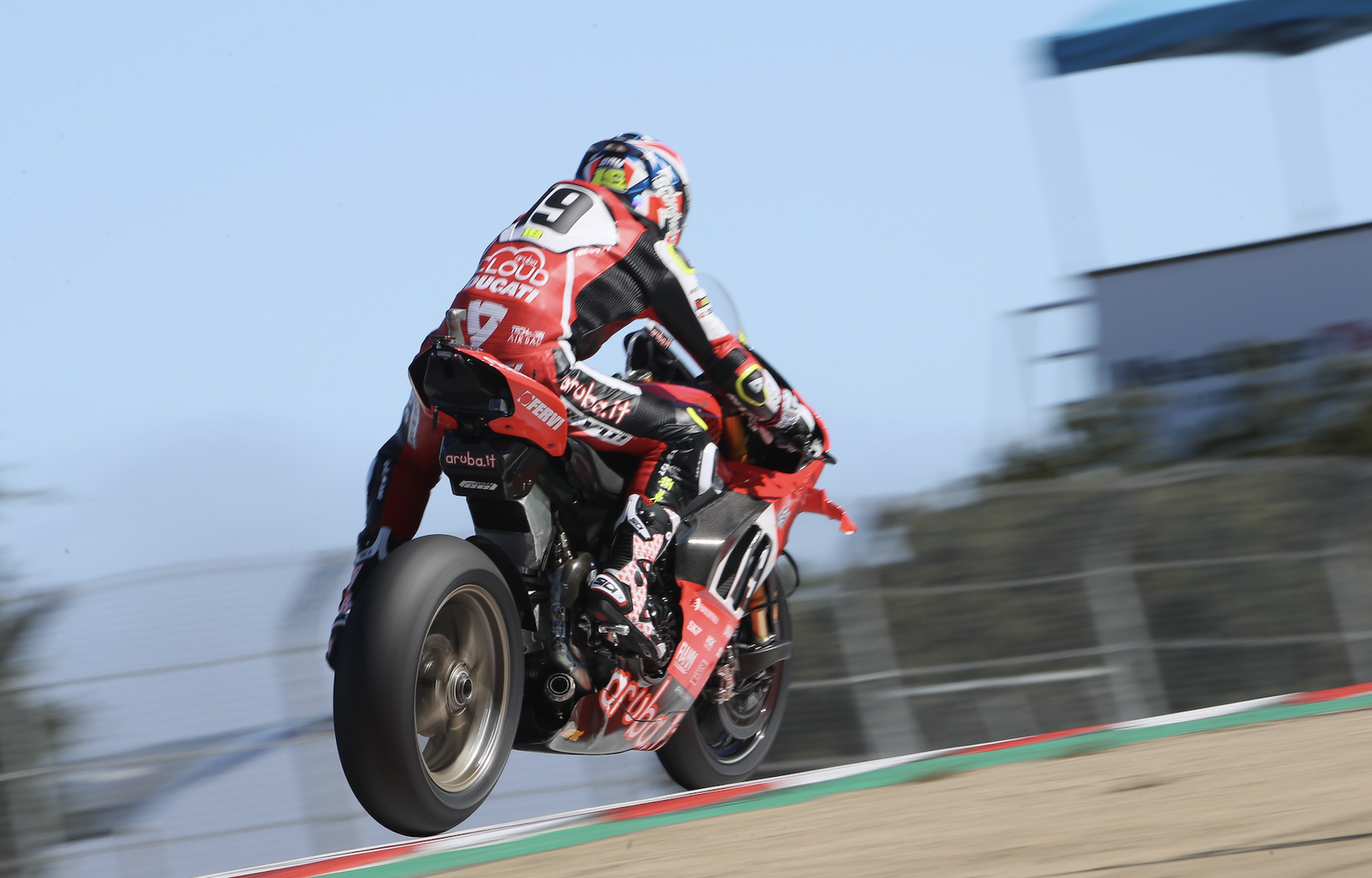
Track knowledge?
It’s perhaps no coincidence that all but one of Bautista’s win have come on tracks he knew well and even the single victory that did come at a previously unknown venue – Portimao – he’d been testing there a couple of weeks earlier.
With such small margins on the timesheets and Bautista’s still relative inexperience riding the Superbike, new venues – or least those he hasn’t raced on in a while such as Donington Park and Laguna Seca – have taken longer for him to dial in.
Magny-Cours represented a prime example, Bautista hampered by wet practice sessions that left him 13th on the grid. Though his pace come race day was comparable to the leaders, he was only competitive come the end of the weekend. This won’t be a factor in 2020, however.
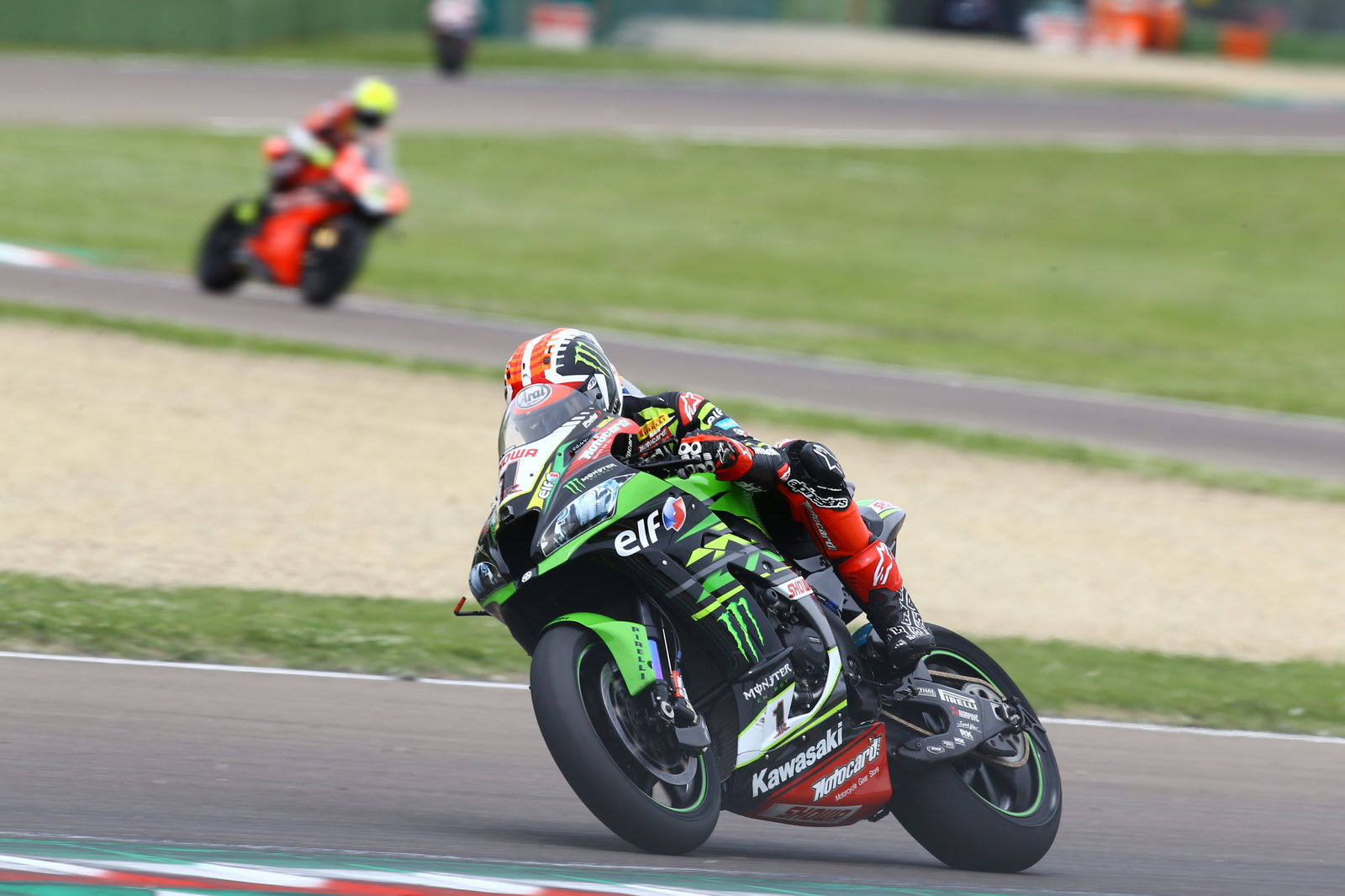
Jonathan Rea?
Perhaps the most obvious reason – and fairest – is the efforts of Jonathan Rea. While the Ulsterman wasn’t directly responsible for Bautista’s damaging tumbles, there is certainly a correlation in the way he got his head down and took himself to another level in order to take on the Ducati man.
Speaking to Rea before Jerez’s races back in May, the Ulsterman had seemingly come to terms with his situation and was now relishing the unfamiliar prospect of recalibrating his approach to the title fight. In short, he gained a lot of strength off becoming the underdog.
Restarting the season with the benefit of hindsight, Rea would still probably struggle to defeat Bautista at Phillip Island, Buriram and Aragon with the long straights that favour the Ducati package more than the Kawasaki, but thereafter the ZX-10RR was more comparable at Europe’s more technical venues. And it was here that Rea maximised his opportunities and complemented previous results which – despite not winning – were still strong.
With six races to go, there is a good chance Bautista with his current 15 victories to Rea’s 12 will end the year as the ‘winningest’ rider, which – together with the vast points’ gap between them – serves to show just how crucial consistency is in a 42-race season.
